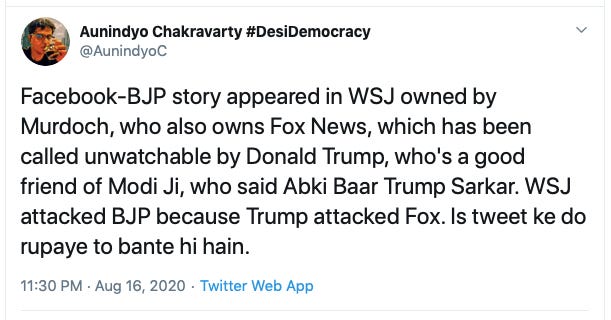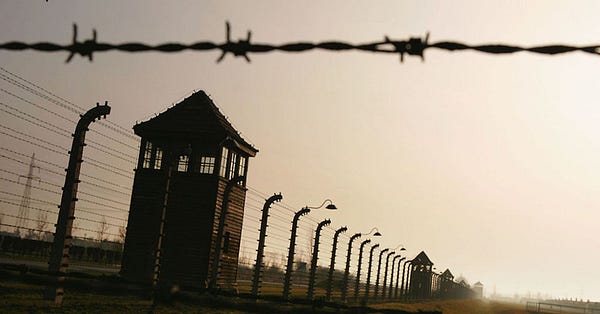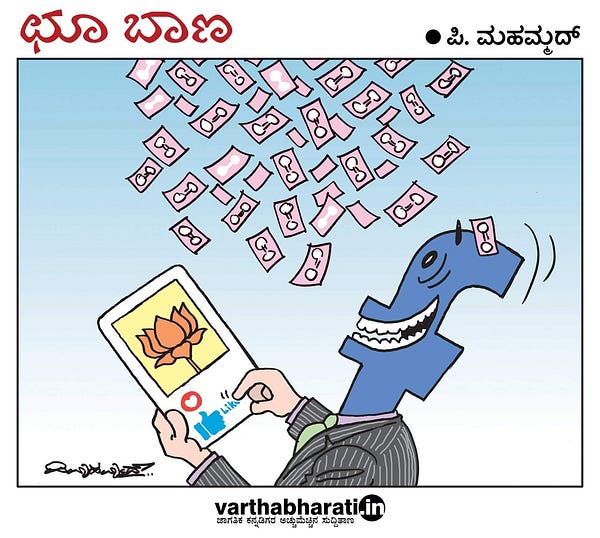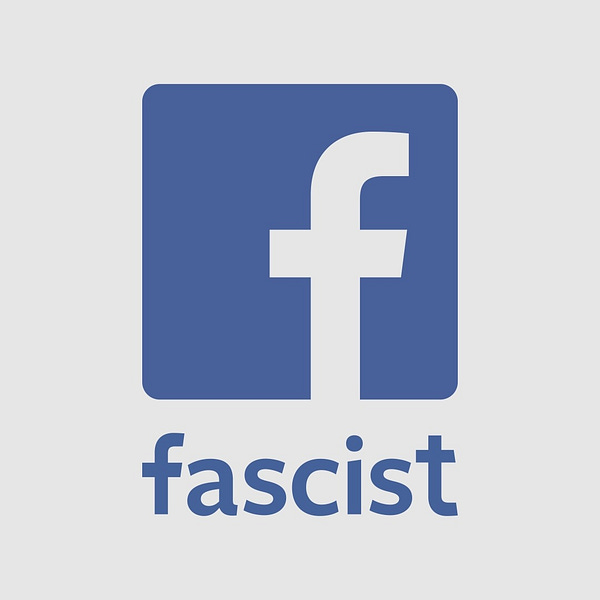Everything you wanted to know about the Facebook scandal in 32 tweets and 8 links
"We used to joke that it was like she [Ankhi Das] was Narendra Modi's granddaughter"

The August 14 expose in The Wall Street Journal of Facebook’s schmoozing with BJP and Narendra Modi—promoting hate speech for “business prospects” fearing a “political fallout”—has deep implications for Indian society and polity.
Yet, the tepid coverage of the damning report—just one English newspaper has it as the lead story; there is no independent investigation in any—means mainstream media is happy to look elsewhere while the chips of democracy are rearranged.
“Why is Indian media so silent on how Facebook is shielding BJP politicians who engage in hate speech?” is a question many are asking.
Dainik Jagran, the Hindi newspaper often at the centre of fake news, but which was designated a fact-checker by Facebook, has an editorial that alleges a WSJ agenda, and The Indian Express has a helpful op-ed piece by a former Union minister.


Most media outlets are content pitching the story as a routine political fight between Congress and BJP without digging deep into the WSJ story “which lays bare evidence of a foreign corporation meddling in Indian election.”
Which means all the juice is really online, on social media and websites, much of which will not figure in tomorrow’s newspapers because of varying degrees of conflict of interest, including “partner” deals.

Irony died a quiet death on August 16 when Facebook’s policy head Ankhi Das, who is at the centre of the WSJ report, filed a police complaint at Delhi Police’s cyber cell unit, against two Facebook accounts, and three Twitter handles.
Ankhi Das claimed:
“violent threats to my life and body, relentless harassment, criminal intimidation, name-calling, cyber-bullying and eve-teasing online with sexually coloured remarks”.
Astonishingly for a social media executive, she claimed the “perpetrators” were publicly sharing her picture and particulars—and “deliberately operating through online accounts to hide their identity” to further spread misinformation and incite violence.


***
So, here’s the juice, so far:

Ankhi Das has a twin sister Rashmi Das.
Ankhi Das’s sister Rashmi Das, a general secretary of Jawaharlal Nehru University’s ABVP wing in 1996, is editor of Telecom Live. In January this year, Rashmi Das was defending an ABVP attack on JNU students on Barkha Dutt’s video blog, mojo.
Ankhi Das’s sister Rashmi Das runs the “World Organisation of Students and Youth” out of the same office as the RSS-operated Rashtriya Kala Manch in Delhi’s Deen Dayal Upadhyay Marg.
Ankhi Das may have given “anchors” lucrative monetary deals across the spectrum, tweets the Gulf News columnist Swati Chaturvedi.
Facebook may have provided “a large amount of seed money” to Arnab Goswami at the time of the launch of his entertainment channel Republic TV. “Who asked them to do so?” asks the author Omair Ahmad.
Three out of Facebook’s seen “fact-checking partners” shared misinformation after the Pulwama attack in early 2019. Pratik Sinha of the fact-checking website Alt News says: “We consider Facebook as part of the misinformation problem.”
Threatened with legal action by WOSY for his stellar work in digging up details, Saket Gokhale has consulted his lawyers, to issue an official statement and response:

The WSJ expose has proven to be a good time to rejig memory.
2016
In a long read in The Guardian, London, Rahul Bhatia quotes an unnamed Facebook executive as saying: “We used to joke that it was like she [Ankhi Das] was @narendramodi’s granddaughter”. She “never said no” to any information Modi’s campaign team sought before the 2014 election2017
The RTI activist Saket Gokhale reveals how Facebook got into an parntership with the Election Commission of India to promote voter awareness. The collaboration ran into trouble when EC feared data breaches, but was soon sorted out.2018
The Hindustan Times reported that Narendra Modi exhorted BJP MPs to get “3 lakh ‘genuine’ Facebook likes” while Ankhi Das was internally clearing the path for hate speech.2018
The Caravan magazine reveals how Facebook did not approve the request to promote a story on home minister Amit Shah and his son Jay Shah for a full 11 days by which time the story had gone cold.2019
In January, The Economic Times reported Katie Harbath, the Republican party strategist who runs Facebook’s political outfit, said the Indian general elections were “top priority for Facebook and Mark Zuckerberg”.

While the Congress and BJP have got into a sub-standard slanging match, the Shiv Sena MP Priyanka Chaturvedi makes some excellent points, and the CPI(M) demands a joint parliamentary probe.


There are questions being asked about Facebook’s algorithms (here, here)
There are cartoons showing how everything is up for grabs (here, here).
The Aam Aadmi Party’s folk are producing logos (here, here).
And, finally, everybody’s discovered Sacha Cohen Baron’s video.










